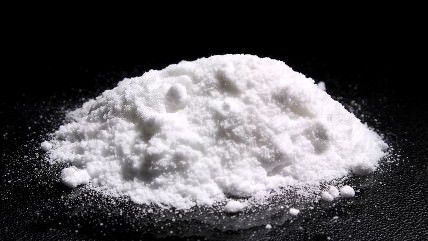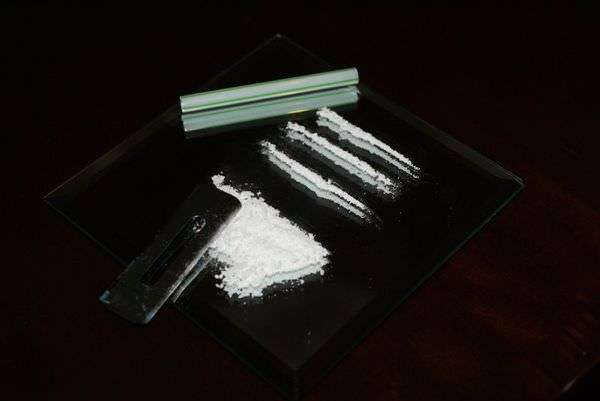DEA Charges Army Chief From "The World's Only Narco State" With Narcoterrorism


Yesterday, DEA Administrator Michele M. Leonhart and Preet Bharara, the United States Attorney for the Southern District of New York, announced the "unsealing of charges" against Antonio Indaji, Guinea-Bissau's army chief of staff, who was a major player in Guinea-Bissau's coup last year. Indaji is accused of storing FARC-owned cocaine in West Africa and of conspiring to sell arms to FARC so that they would be able to protect cocaine processing operations.
From the DEA press release:
"Today's indictment reflects DEA's commitment to securing our nation and protecting our citizens" Leonhart said. "These charges reveal how Indjai's sprawling drug and terror regime threatened the national security not only of his own country, but of countries across the globe. As the head of Guinea-Bissau's Armed Forces, Indjai had insider access to instruments of national power that made him an allegedly significant player in West Africa's dangerous drug trade. Partnering with individuals he believed to be part of a terrorist organization like the FARC served to expand Indjai's criminal activities and the damage he could cause. Due to our worldwide reach and unrelenting efforts, DEA and our partners took decisive action against this narco-terrorist and his network of facilitators."
Guinea-Bissau has been one of the logistic centers for Europe's cocaine trade for some time. Der Spielgel ran a story back in March that highlighted how ideal Guinea-Bissau is for drug traffickers and the role Indaji plays in the drug trade. The story also mentions that the United Nations Office on Drugs and Crime (UNODC) believes Guinea-Bissau to be the world's only "Narco State."
Even if Indaji is convicted of the charges handed down by the DEA it will have a negligible (if any) effect on the cocaine trade. Even in the unlikely event that Indaji plays some sort of crucial role in the cocaine trade that was unique to him that couldn't be replicated drug traffickers will use different routes and tactics. The French-led intervention in Mali disrupted the trade of cocaine to Europe, but alternate routes have already been established. Criminologist Xavier Raufer has said that, "Profit margins in the cocaine trafficking business are so huge that longer smuggling routes and subsequently higher transport costs are not a problem." Unfortunately, officials at the DEA seem to think that the trade in illegal drugs can be stopped by capturing and convicting people and not by addressing the economic incentives that drive the drug trade.


Show Comments (13)